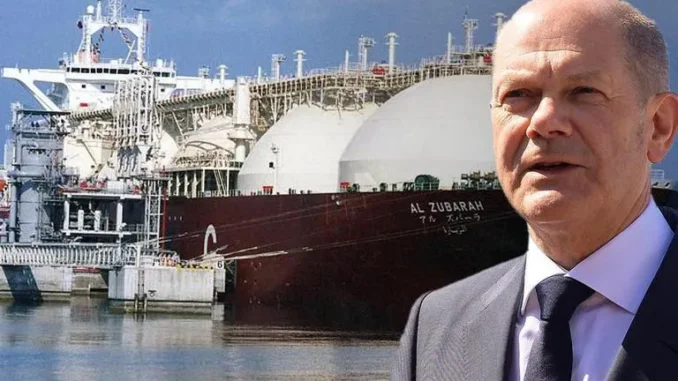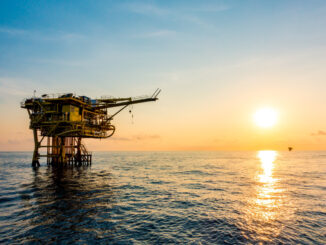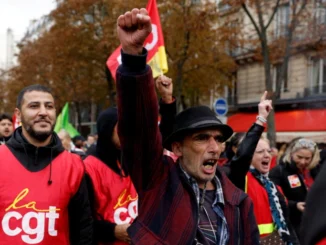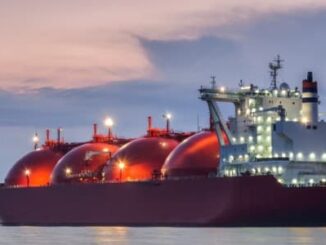
German Chancellor Olaf Scholz said on Wednesday that Germany will soon receive the first floating Liquefied Natural Gas (LNG) terminals in a few months. While speaking at the Bundestag, Scholz stated that the country is working to diversify energy supplies and soon it will have the first mobile terminals for receiving LNG.
“Floating LNG terminals will be available soon,” he said. “The necessary infrastructure will be ready in a few months, not in a few years or decades.”
“Last week I held talks in Africa. We also talked with Norway, Canada, the United States, and Qatar,” the chancellor said.
According to Germany’s Economy Minister Robert Habeck, the country will have two floating regasification units for receiving liquefied gas by the end of this year and two more by May 2023. It was estimated that the total annual capacity would be around 33 billion cubic metres of gas. Nord Stream 1 supplies Germany with 60 billion cubic metres of gas a year, and the country consumes 90 billion cubic metres of gas a year.
First stationary LNG terminal planned to be launched by 2026
The German government is working to phase out energy from Russia as soon as possible, but currently, it has to be dependent on Moscow as Berlin cannot afford it. The German government aims to completely replace coal and oil by the end of the year and gas by 2024. Scholz in the parliament stated that the government is committed to the goal of abandoning Russian oil by the end of the year. “We will invariably work to stop oil imports [from Russia] by the end of the year,” Scholz said.
Germany to assist landlocked EU Nations in obtaining LNG
Earlier, Scholz announced that Germany will assist landlocked European Union countries in seeking alternatives to Russian gas and oil as the EU looks to limit its reliance on Russian supplies. He promised that Berlin will stand by European Union members seeking alternatives to Russian gas and oil via measures such as enabling eastern regions without ports in the North or Baltic Seas to access liquefied natural gas (LNG).
Source: Republicworld.com



